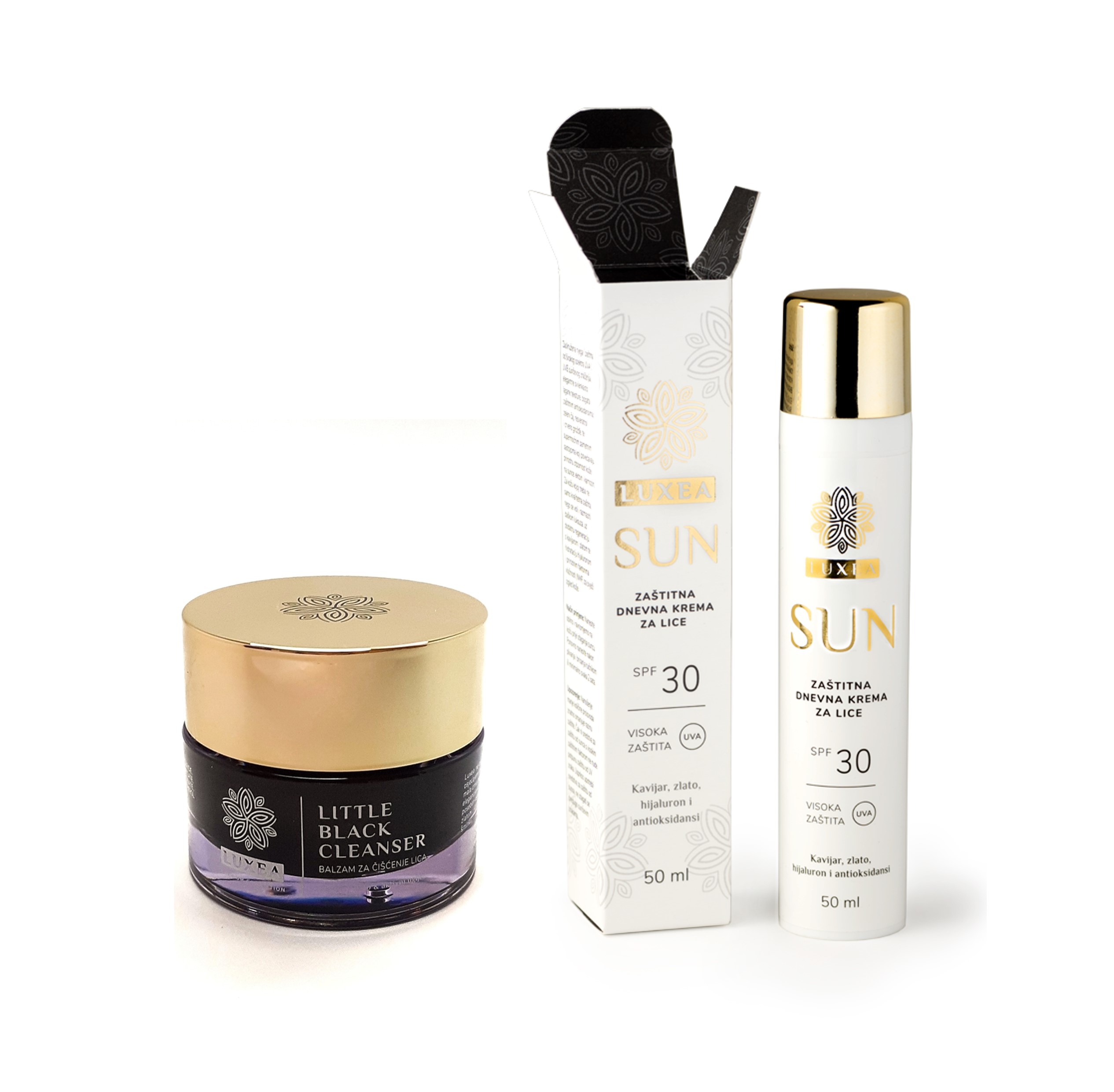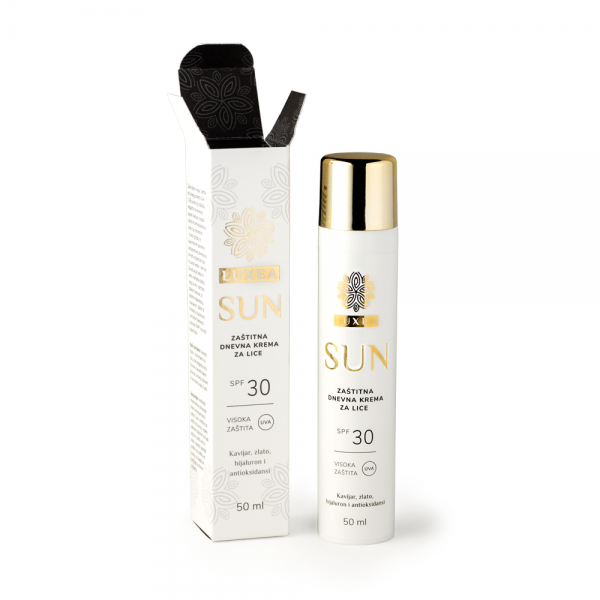USER PRIVACY
Under European Union law, we notifies users that the website uses cookies in order to ensure the highest quality of service.
Cookies in the user's browser enable us to ensure the operation of all functions of the Internet portal, to adapt certain contents specifically for each user and to constantly improve the Internet portal by analyzing visits.
How cookies are stored can be set by the user in the browser settings. In order to improve the experience of browsing the web portal must store a small amount of information (cookies) on the user's computer. Over 90% of all websites use this practice, but according to European Union regulations from 25.03.2011. We obliged to ask for the user's consent before storing cookies. By using the website, the user agrees to the use of cookies. By blocking cookies, the user can still browse the website, but some of its features may not be available to him.
What is a Cookie?
Cookies are small text files, created by the website visited, that contain data. They are stored on the visitor’s computer to give the user access to various functions. Both session cookies and non-session cookies are used on this website (the “Site”). A session cookie is temporarily stored in the computer memory while the visitor is browsing the website. This cookie is erased when the user closes their web browser or after a certain time has passed (meaning that the session expires). A non-session cookie remains on the visitor’s computer until it is deleted.
A cookie is information stored on a user's computer by a website he has visited. Cookies usually store user settings, web page settings, such as preferred language or address. Later, when the user reopens the same website, the internet browser sends back the cookies that belong to that page. This allows to display information tailored to the needs of each individual user.
Cookies can store a wide range of information including personal information (such as a user's name or email address). However, this information can only be stored if the user allows it - websites cannot access information for which the user has not given permission and cannot access other files on the user's computer. The default activities for saving and sending cookies to users are not visible. However, the user can change his Internet browser settings so that he can choose whether to approve or reject requests to save cookies by deleting saved cookies automatically when closing the Internet browser and the like.
Why do we use Cookies?
We use cookies to learn more about the way visitors interact with our content and help us to improve the experience when visiting our Site.
Site Functionality
The share function is used by visitors to recommend our Site and content on social networks such as Facebook and Twitter. Cookies store information on how visitors use the share function – although not at an individual level – so that the Site can be improved. If you do not accept cookies, no information is stored.
For some of the functions within our Site we use third party suppliers, for example, when you visit a page with videos embedded from or links to YouTube. These videos or links (and any other content from third party suppliers) may contain third party cookies and you may wish to consult the policies of these third party websites for information regarding their use of cookies.
Cookies by function
Technical cookies - mandatory cookies (always active) - necessary for the functioning of the Internet site and cannot be turned off in our systems. They are usually set in response to your actions that include a request for services, such as cookie settings, login, or filling out forms. You can set your browser to block these cookies or send an alert about them, but in that case some parts of the page will not work. These cookies do not store any information that could identify you.
Functional cookies (can be turned off) - allow the Internet site to provide enhanced functionality and personalization. They may be posted by us or third party service providers whose services have been added to our site. If you do not enable these cookies, some of these functions may not work properly.
Marketing cookies (can be turned off) - allow us to record visits and traffic sources so that we can measure and improve the efficiency of our website. They help us find out which sites are the most and least popular and see how
Cookies we Use:
This Site uses Google Analytics which use cookies. At the aggregate level, cookies store information on how visitors use the Site, including the number of pages displayed, where the visitor comes from, and the number of visits, to improve the website and ensure a good user experience. If you do not accept cookies, no information is stored.
How to reject Cookies?
We will not use cookies to collect personally identifiable information about a visitor.
However you can choose to reject or block the cookies set by {yourwebsite} by changing your browser settings – see the “Help function” within your browser for further details. Please note that most browsers automatically accept cookies so if you do not wish cookies to be used, you may need to actively delete or block the cookies.
For information on the use of cookies in mobile phone browsers and for details on how to reject or delete such cookies, please refer to your mobile phone manual.
Use of cookies
In order to be able to use cookies in accordance with REGULATION (EU) 2016/679 OF THE EUROPEAN PARLIAMENT AND OF THE COUNCIL on the protection of individuals with regard to the processing of personal data and on the free movement of such data (General Data Protection Regulation), we need your consent.
Types of cookies
Persistent cookies
Persistent or saved cookies remain on your computer after you close your Internet browser program. With them, Internet sites store information, such as login and password, language settings, or cookie settings, so you don't have to re-enter them each time you visit. Persistent cookies can stay on your computer or mobile device for days, months, even years.
Temporary cookies
Temporary cookies or session cookies are removed from your computer when you close your Internet browser. They are used by Internet sites to store temporary data, such as the last few pages you open on the Internet site you are visiting or items in the shopping cart if you are on an Internet site that specializes in Internet sales.
Cookies by source
First party cookies
First-party cookies come from the Internet site you are viewing, and can be permanent or temporary. With these cookies, Internet sites can store data that they will use again the next time they visit that Internet site.
Third party cookies
Third-party cookies come from other Internet sites that are located on the Internet site you are viewing. With these cookies, other Internet sites can track the use of the Internet on the Internet site you are viewing for marketing purposes.




























Reviews
There are no reviews yet.